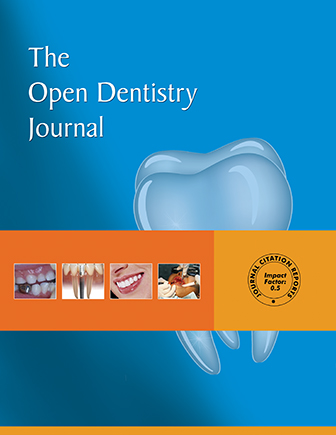Dentition Status and Treatment Needs Among Orphans in Riyadh City, Saudi Arabia: A Cross-sectional Descriptive Study
Abstract
Background:
Oral health affects the general health and quality of life of an individual. It has been well documented that the absence of family support influences the general and oral health of children. Factors that lead to the development of a disease are likely to have their roots in a complex chain of environmental events that may have begun years before the disease occurs. The purpose of this study was to examine the prevalence of dental caries and assess treatment needs of the orphans of Riyadh City, Saudi Arabia
Methods:
This cross-sectional study included 238 orphaned children aged 6 to 18 years. Clinical examination was conducted by two doctors, and oral findings were recorded according to the World Health Organization (WHO) oral health assessment form (1997). The data collected was analyzed using SPSS 21.0.
Results:
Results revealed that 37% of the participants reported that they do not brush their teeth, 23%of the participants reported that they do not brush regularly, 17% of the participants reported that they brush one time daily, and 23% of the participants reported that they brush twice daily. The prevalence of dental caries among the participants was 96.6%. When examining treatment needs among study participants, 7.6% might need preventive caries arresting care, 49.6% might need fissure sealant applications, 51.3% might need at least one surface filling, 13.1% might need two or more surface filling, 2.5% might need crown for any reason, 0.4% of participants might need veneer or laminate, 0.2% of participants might need pulp care and restoration, and 8.1% might need extraction.
Conclusion:
Results of our study indicate that orphan children have low utilization of preventive and therapeutic oral health services. Urgent attention is required to plan a comprehensive dental health-care program to improve their oral health status.


